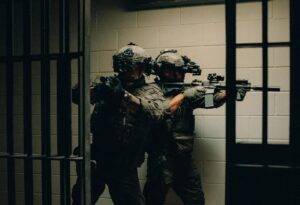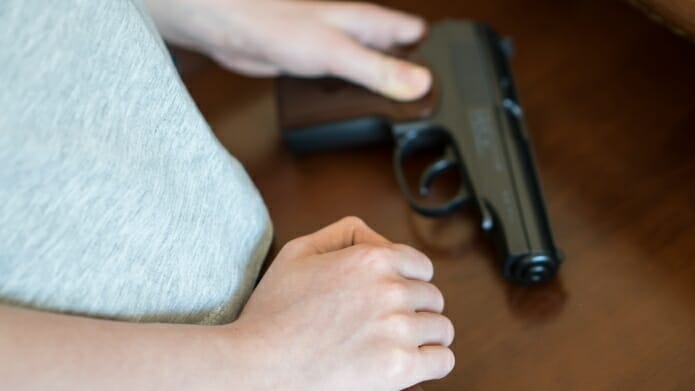
How do I keep my gun safe at home? It is a question that many people ask themselves, and it’s important to know that there are many reasons for this. Perhaps you live with small children or animals that the firearm could harm if they could access it. Maybe you’re just looking for peace of mind knowing your weapon will be secure in the event of an emergency. Whatever your reason may be, learning how to store your firearms safely at home can make all the difference when it comes down to keeping them out of harm’s way or not. Here are some ways to keep your gun safe at home:
1. Invest in a quality gun safe:
It is probably the most important thing you can do to keep your firearms safe and secure. A good gun safe will be fireproof and tamper-proof, meaning that it will be tough for anyone to break into or steal your weapons. Make sure that your gun safe is inaccessible to children and animals. If you have small children or pets, make sure that the gun safe is in a place where they cannot reach it. It means keeping it in a locked room or cabinet, out of sight and out of reach.
2. Create a safe storage plan:
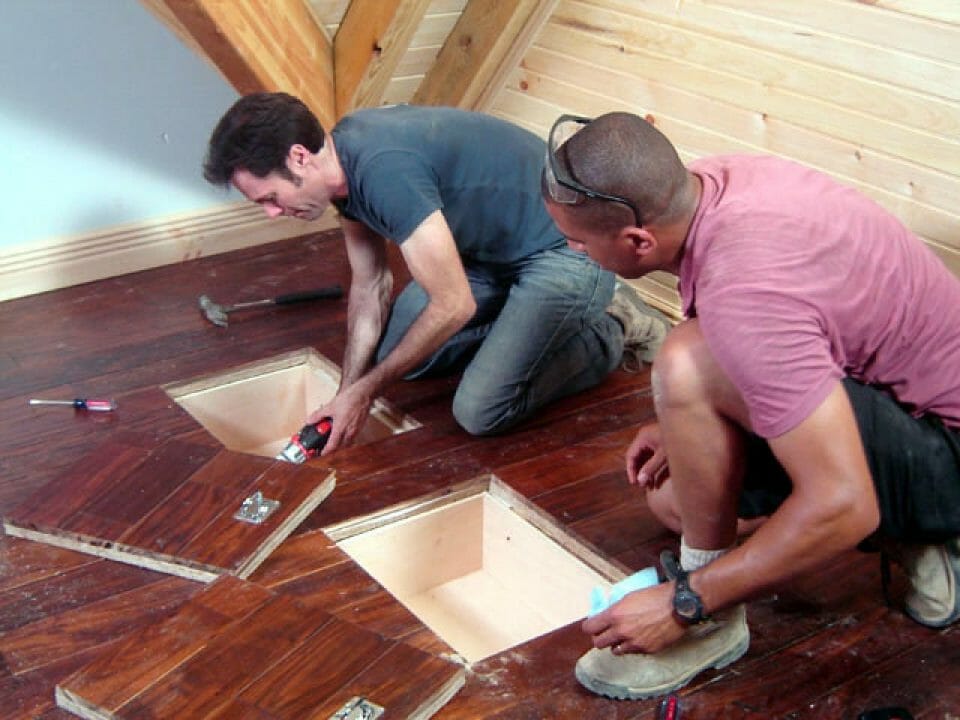
If you’re not ready to get a large gun safe, that’s alright. There are other ways you can still store your firearms safely at home while keeping them accessible to you in an emergency. A locking closet or cabinet is also an effective way to secure your weapons while not taking up too much room or being too expensive. The key for this option is making sure the closet or cabinet is secure and the keys are in a safe (not prominent) place.
3. Join classes to learn firearm safety and maintenance:
Take a safety class if you have any concerns about storing your firearms at home. Safety is the number one priority for concealed carry, and you should always take every precaution. Read the instructions that come with your gun. Every brand of a firearm comes with specific instructions regarding storage and safety – make sure to read these carefully, so you know exactly how to keep your firearm safe both at home and on the go.
4. Use trigger locks:
While not consistently extremely effective, trigger locks can help in some cases. Purchasing a small security device that clamps onto the trigger of your gun and prevents it from firing can be helpful if you do not want to go through storing your firearm away each time. Make sure to keep the keys for this device in a safe spot, away from small children or other people. If you have to shoot someone, the gun will be too close to their body for them to fall. Also, keep in mind that even with a trigger lock on your weapon, it can still discharge if dropped or banged hard enough against something like the floor!
5. Keep your guns unloaded when they’re not in use:
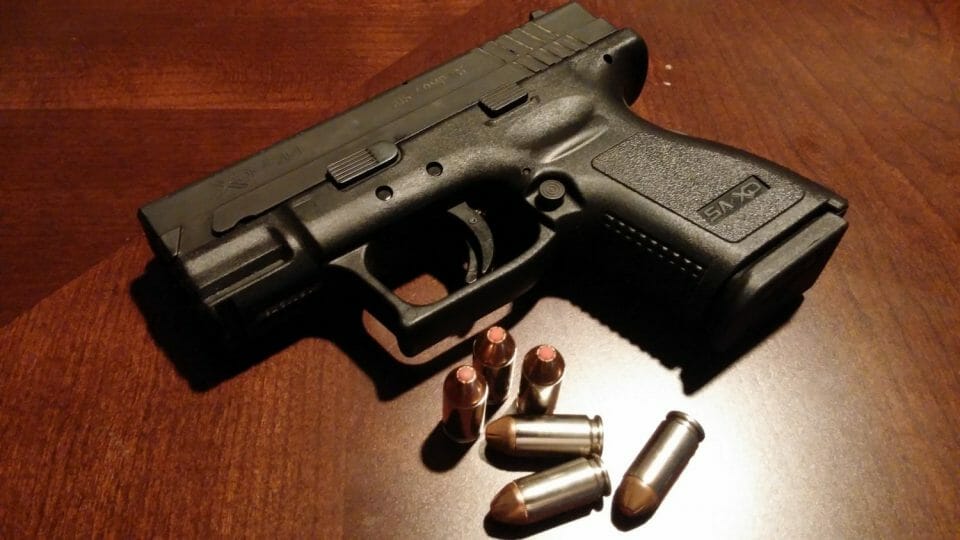
This is an essential safety rule that you should always follow, regardless of whether or not you have children in the home. An unloaded firearm cannot accidentally discharge and cause injury. Store your guns in a locked gun cabinet or safe when they’re not in use, and make sure to keep the key to this cabinet or safe in a secure place. Please do not keep the gun loaded even when you think it’s safe. Always load up your weapon when you’re about to use it and unload it right after. It will cut down on accidents and ensure that no one gets hurt if a small child or animal gets hold of your firearm.
6. Store ammo separately:
Though this may seem like common sense, you can never be too careful when it comes to the safe storage of your weapons. Always store firearms and ammunition in separate locations, preferably not in the same room. There are cases where people have been shot by other people who were supposed to be their friends because someone loaded a gun while they weren’t looking. It’s important to remember that you should treat firearms with the utmost respect and caution at all times. It will help avoid any accidents caused by children or animals finding a loaded weapon or live ammunition. A locked, secure cabinet is typically the best storage device for your guns as well as for your shot.
7. Don’t store guns with other household items:
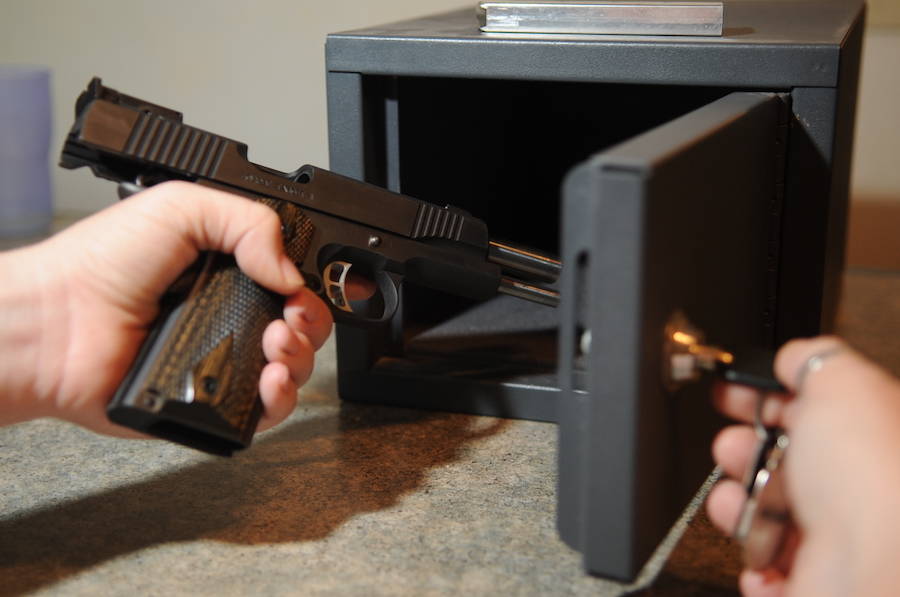
They should always be in their place and out of sight. If you have young children or pets, lock the gun away in a safe and keep it out of sight when not in use – this will make it much less likely that they will be able to get to your firearms. Remember to never leave firearms unattended, even for a second. Guns should also not be stored in direct sunlight or high.
8. Never point a loaded weapon at anything:
This means never pointing your firearm at a human being, not even if you’re playing around. There is no room for “just kidding” regarding weapons – they are dangerous weapons that you should not take lightly. It includes people, animals, or even inanimate objects. Firearms should always be unloaded when not in use and stored in a safe place.
9. Clean all firearms after use:
Keep them in good working order and prevent any jams or accidental discharges. Keeping guns clean and ready to use is not the same as storing them unsafely. You must keep your firearms all ready for use if an emergency arises. It is essential, as neglecting to do so can cause severe damage. If your gun gets wet, dry it off as soon as possible and then clean it. The same goes for if it gets dirty – wipe it down and then apply a light coat of oil. You may want to Disassemble all firearms: this will reduce the likelihood of accidental discharge and serve as a further step in keeping them clean. Cleaning each part individually before reassembling it is even better, but this isn’t always practical. You can store disassembled guns safely just as well.
10. When traveling with firearms:
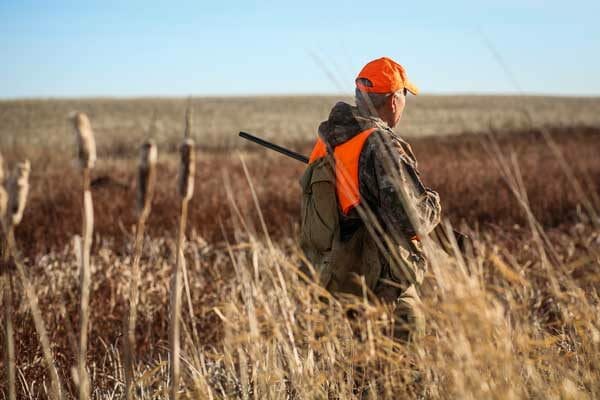
Always ensure that your gun is in a case that cannot be easily broken into, even if it is locked. Complex cases with locks are ideal for this purpose. Always transport your firearms in the trunk of a car or the cargo area of a truck. never keep them loose in the cabin of the vehicle – doing so can result in an accident while you’re driving and can result in a criminal charge if the police stop you. When transporting long guns, always ensure that the weapon’s muzzle is pointed in a safe direction at all times. Never transport handguns with rounds in the chamber – this is another common mistake that can lead to dangerous accidents. When traveling with a gun, make sure you know the local laws and regulations regarding firearms transportation. It’s also essential to keep your gun unloaded and locked away while driving.
Conclusion:
There are many reasons to keep your gun safe at home, whether it’s for the safety of yourself and others or peace of mind knowing that your firearm is secure. By learning how to store your guns safely at home, you can protect both the weapon itself as well as those around it. Take precautions such as keeping them unloaded and locked away, learning the proper way to store them, and securing them in a safe or lockbox.



